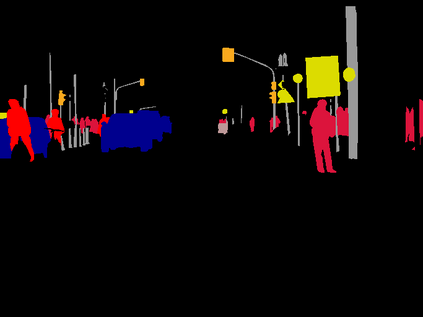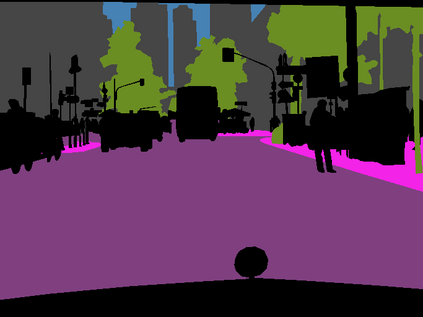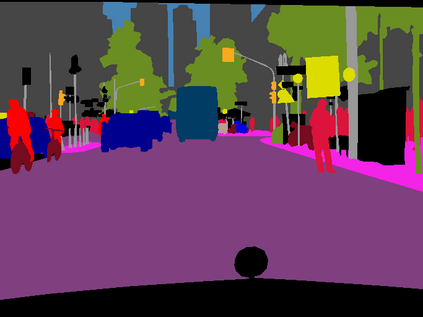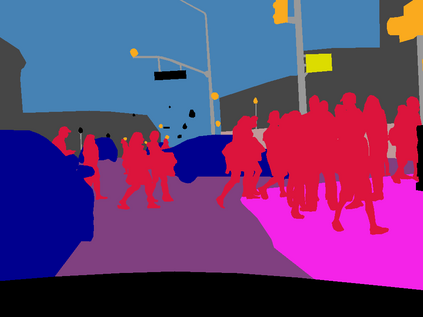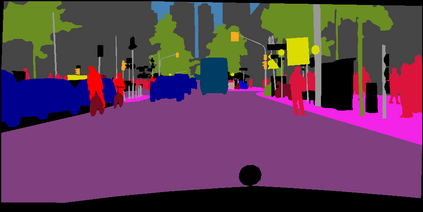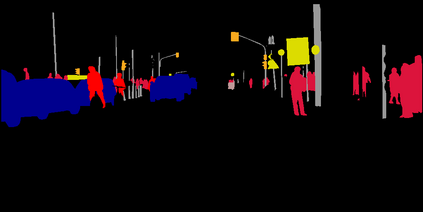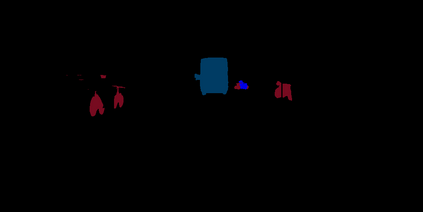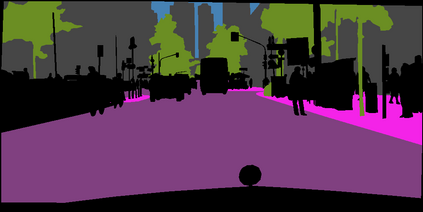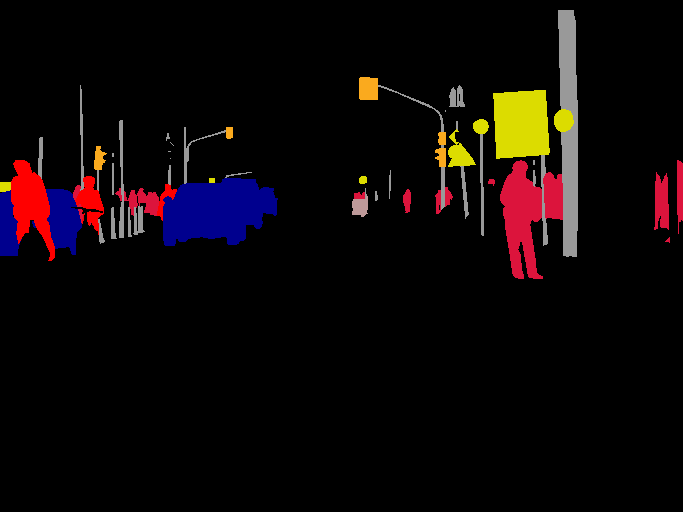The field of continual deep learning is an emerging field and a lot of progress has been made. However, concurrently most of the approaches are only tested on the task of image classification, which is not relevant in the field of intelligent vehicles. Only recently approaches for class-incremental semantic segmentation were proposed. However, all of those approaches are based on some form of knowledge distillation. At the moment there are no investigations on replay-based approaches that are commonly used for object recognition in a continual setting. At the same time while unsupervised domain adaption for semantic segmentation gained a lot of traction, investigations regarding domain-incremental learning in an continual setting is not well-studied. Therefore, the goal of our work is to evaluate and adapt established solutions for continual object recognition to the task of semantic segmentation and to provide baseline methods and evaluation protocols for the task of continual semantic segmentation. We firstly introduce evaluation protocols for the class- and domain-incremental segmentation and analyze selected approaches. We show that the nature of the task of semantic segmentation changes which methods are most effective in mitigating forgetting compared to image classification. Especially, in class-incremental learning knowledge distillation proves to be a vital tool, whereas in domain-incremental learning replay methods are the most effective method.
翻译:持续深层次学习的领域是一个新兴领域,已经取得了许多进展。然而,大多数方法只是对图像分类任务进行测试,而这与智能载体领域无关。只是最近才提出了等级强化语义分割法。然而,所有这些方法都基于某种形式的知识蒸馏法。目前还没有对经常在连续环境中用于目标识别的重播法方法进行调查。与此同时,对语义分割的不受监督的域适应方法获得了很多牵引力,对持续环境中域内学习的调查没有很好地研究。因此,我们工作的目标是评估和调整既定的解决方案,以持续对象识别语义分割任务,并为持续语义分割任务提供基线方法和评价协议。我们首先为等级和域内分化引入评价程序,并分析选定的方法。我们表明,在持续环境下,对域内分化的改变任务的性质,最有效的方法是学习,在改变领域内学习方法,在改变方向上,在改变方向上,学习最有效的方法,在改变领域内学习,在改变方向上,学习方法,在改变方向上,学习最有效的方法,在改变方向上,在改变方向上,学习,在改变方向上,在改变方向上,学习方法,在学习,在改变方向上,学习,在改变方向上,在改变方向上,在改变方向上,在学习,在改变方向上,在学习方法上,在改变方向上,逐渐,在改变,在改变方向上,在改变。
相关内容
Source: Apple - iOS 8

